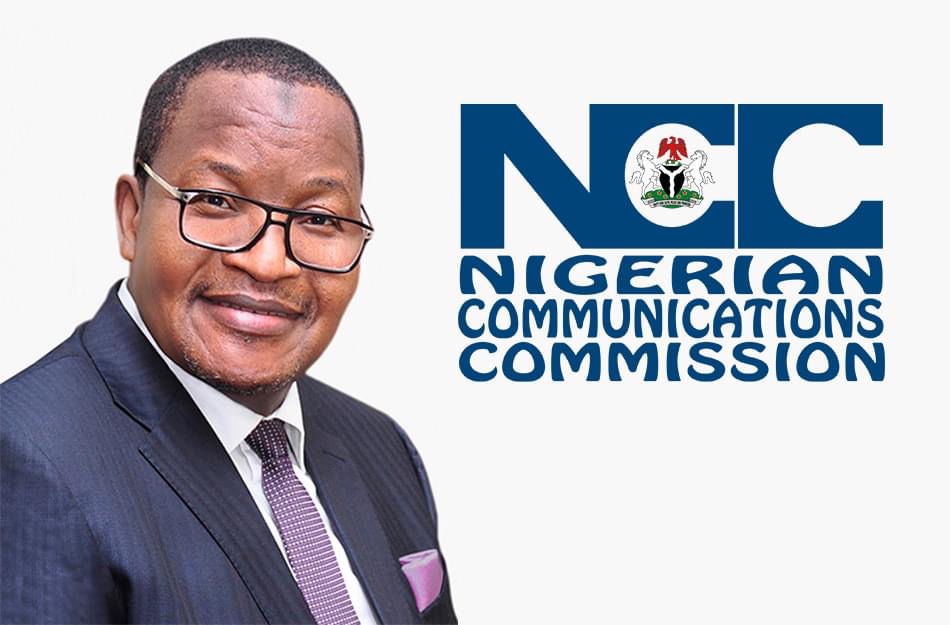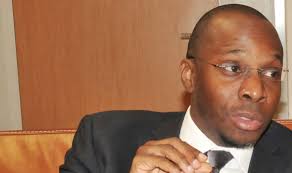….as implementation kicks of Tuesday
Telecommunications services subscribers in the country have commended the Nigerian Communication Commission (NCC) on its directive to mobile network operators (MNOs) to commence implementation of approved harmonised short codes (HSC) for providing certain services to telecom consumers nationwide.
In line with its consumer-centric approach to telecom regulation in the country, the telecom sector regulatory commission had since March this year directed the MNOs to immediately commence the implementation of approved HSC and set May 17, 2023, deadline for them to fully migrate from hitherto diverse short codes to the harmonised codes.
According to the commission, the use of harmonised short codes is aimed at achieving uniformity in common short codes across networks, implying that the code for checking airtime balance is the same across all mobile networks for the same function, irrespective of the network a consumer uses.
The NCC maintained that with the new codes, the telecom consumers using the over 226 million active mobile lines in the country can now use the same codes to access services across the networks.
The new harmonised 13 short codes include 300 to be used as the harmonised code for Call Centre/Help Desk on all mobile networks; 301 for voice Mail Deposit; 302 for Voice Mail Retrieval; 303 for Borrow Services; 305 for STOP Service; 310 for Check Balance, and 311 for Credit Recharge.
Also, the common code for Data Plan across networks is now 312, 321 is for Share Services, 323 is for Data Plan Balance, 996 for Verification of Subscriber Identity Module (SIM) Registration/NIN-SIM Linkage, 2442, is retained for Do-Not-Disturb (DND) unsolicited messaging complaint management, while the common code, 3232, is for Porting Services, otherwise called Mobile Number Portability.
As the full implementation of the new codes commenced yesterday, most telecom services consumers interviewed described the regulatory initiative as a desirable step that would radically address the past challenges millions of consumers had been facing over the years.
An Abuja-based consumer, Mr. Leonard Sanni, said: “I am happy with the directive by the NCC and since morning I have been sending the new codes to friends and family members to guide them in short code messages.”
Another subscriber based in Lagos, Mrs. Stella Olabisi, said: “We are very grateful to NCC for helping us with these harmonized codes. This is especially true when you consider the fact that many of us have more than one telephone line and sometimes we forget which codes to use for each network messages. So, we thank NCC and we want it to do more for our benefits.”
In his comments, a chemist based in Shinkafi, Zamfara State, Mr. Chinedu Nwafor, enthused: “I think the NCC should be commended on this directive to telecom operators because it will assist all consumers a lot given the fact that in the past, millions of Nigerian consumers go through a lot of problem in understanding which code to use foe which message to the operators.”
In a statement issued on the directive on 13th March this year, the commission’s Director, Public Affairs, Mr. Reuben Muoka, stated that the initiative, which is in line with NCC’s regulatory modernisation programme, was intended to make life much easier for telecom consumers, as it is now easier for Nigerians to memorise single codes for various services across all mobile networks they may be using, thereby improving consumer quality of experience (QoE).
In addition, he maintained that the new policy would provide opportunity for licensees in the Value-Added Services (VAS) segment of the telecoms sector to be able to use freed-up/old codes for other services, as well as enhance cohesive regulatory framework in keeping with world-class practices.




